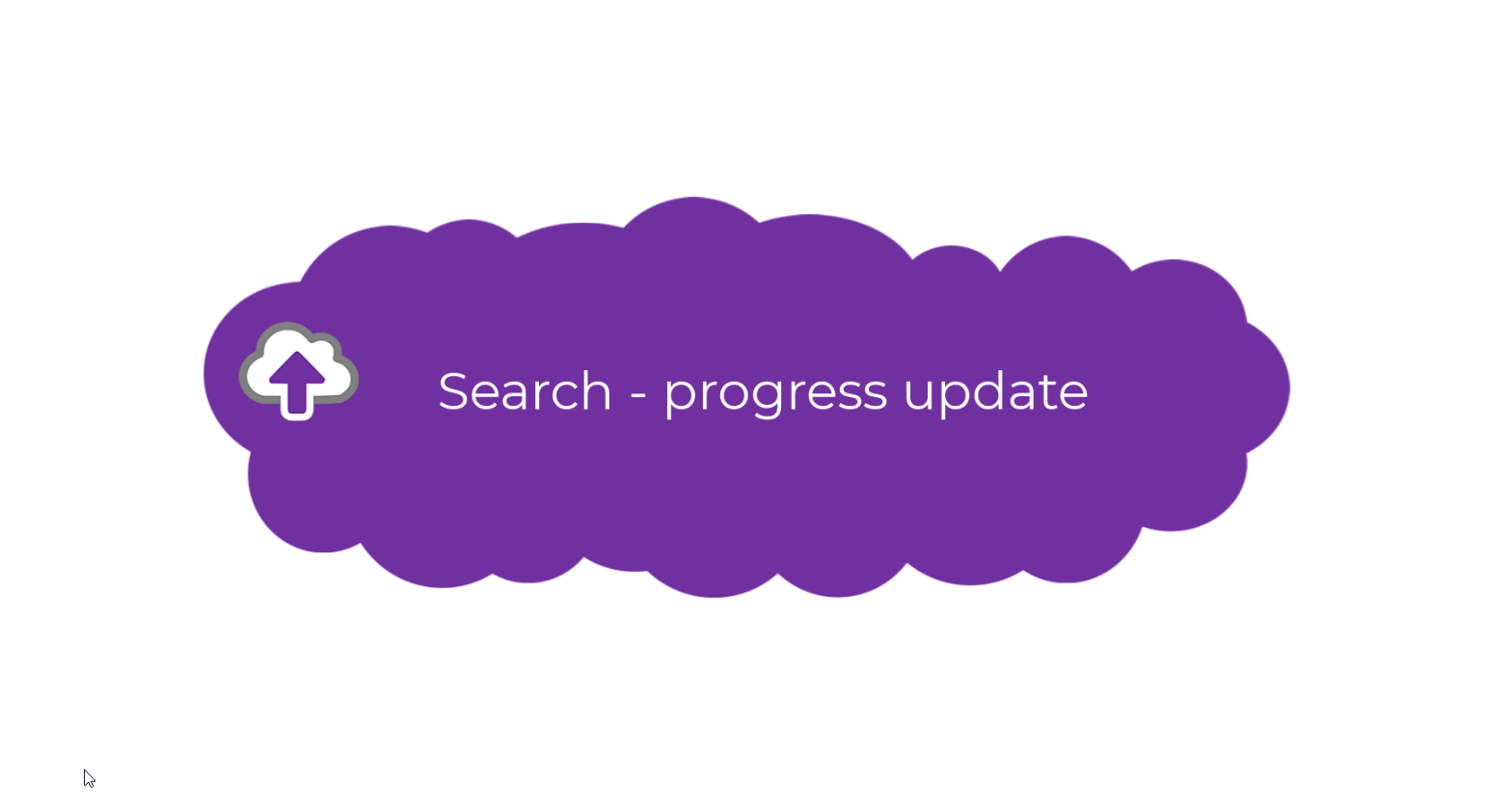
Capturing the moment
Clare B Marshall considers the importance of resilient systems and technology in business - from storing data securely and keeping records safe, to communicating appropriately with stakeholders.
The impacts of climate change are evident all around us, most notably in the shape of extreme weather events. Scenarios that scientists were predicting for many years, are occurring now.
This pattern of extreme events seems to have become more prevalent within economic and business environments too, meaning that planning for situations, however unbelievable or unlikely an event might be, is critical.
It’s practically impossible to consider every possible risk and variant. But time and effort should be invested in discussion across business about future challenges and ‘what if’ scenarios.
There are obvious, practical ones, such as “what if the server fails?”. But what about business reputation?
In an age of social media, rolling news and ‘leaks’, any form of communication can be quickly scrutinised and published for all to see, whether that be good or bad, filtered or unfiltered. With this ever-changing pace of life, comes immediacy (and in many cases permanency) of information, leaving little time and room for mitigation once something is in the ‘public domain’. Therefore, setting out a clear approach to social media engagement, for all colleagues to understand and follow, is increasingly important.
Furthermore, in times of geopolitical discord, environmental shift or technological advancement, it’s important that systems and procedures adapt in response and are always one step ahead.
This is not only from an enterprise or organisational perspective – but from a project perspective too. Having plans and actions - proactively captured and implemented, reviewed and assured - gives purpose and meaning to a project. It helps colleagues to see and understand what is expected of them, whilst ensuring clients also understand what to expect.
With expectations aligned, record keeping and data storage become central planks to capturing communications; to doing business successfully.
Other pillars of good communication in business require that information should remain timely, professional and reflect the core values of your organisation. In customer service, you are only as good as your last email or client interface.
Be cautious: the very nature of platforms such as WhatsApp and instant messaging suggest informality and conversation. In our busy daily working lives it is important to consider whether this is the communication model you are looking for.
In business the communication tool of preference among many, it is safe to say, is now email. Email has largely replaced the hard copy letter (even in many traditional or more conservate sectors such as the legal community).
But even here, when needing to convey something important via email, pause and hold fire on clicking ‘send’.
We all often get busy reading and sending mails - sometimes hundreds daily. So take time to carefully consider the content of your email, the audience and the key message. Keep it professional and keep in mind the potential situation where you or a colleague’s emails are scrutinised. Then send and store it away carefully, where you can readily find it, if/when needed (days, months or even years later).
If I were to reinstate my lawyer hat momentarily, I would share that it is a wholly unpleasant experience to observe (and even worse for the author him/herself to be subject to) cross-examination by the opposing party, worse still by the court judge with raised eyebrow asking: “What exactly did you mean by your comment Mrs X?”.
Creating good records to draw on later can provide key evidence to help fend off a claim or allegation.
In the face of adversity, you will be measured by the quality of your records, the integrity of your people and ultimately your ability to adapt yet remain relevant.
Not only a protective measure, a thoughtful approach to record creation and document retention is also a positive step for business. Sharing best practice, lessons learned and creating training materials for staff creates opportunities for ongoing development and improvement.
And all need to be supported by sound and solid technological strategies and solutions – accessible, compliant, safe and secure for the long term.
A five-step process, and capturing the moment – for now and in the future – through:
- good communication (between people, clients, teams, stakeholders)
- good data management (accessible, secure, protected)
- good governance (enabling sufficient information to the right people at the right time)
- good records (demonstrating positive actions, warnings, change, compliance)
- good resources (kitbag of tools, lessons learned, training & development materials).
Clare B Marshall is founder and partner of global business consultancy 2MPy
© Photo by Sharon McCutcheon on Unsplash
